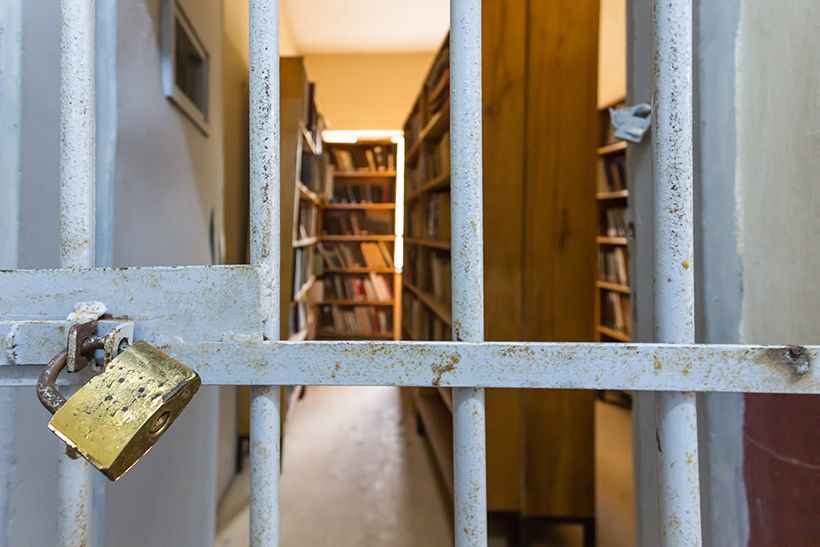Sponsor an Incarcerated Reader - Appalachian Prison Book Project
Prison libraries are often under-resourced, strictly regulated, with limited and outdated selections of books.

Federal courts have repeatedly affirmed that incarcerated people have a First Amendment right to read, and that publishers and others have a right to send them reading materials. While those rights can be restricted in the interest of security, blocking the free flow of ideas serves no punitive purpose. Proponents of stricter controls on the books available to incarcerated readers argue that some information is inherently dangerous, but the First Amendment is designed to prohibit the suppression of information.
Books have long served as a bridge to the outside world for incarcerated people. They allow people cut off from their normal lives, and often from their families, to engage with thinking and ideas that can open their mind and stories that transport them anywhere on earth and beyond.
Books have always been hard to come by behind bars. While it is true that most prisons technically have libraries, they are often under-resourced, strictly regulated, and have limited and outdated selections of books making them unreliable for accessing books and information. Additionally, frequent lockdowns often keep them entirely out of reach.
Jeanie Austin, a Jail and Reentry Services librarian with San Francisco Public Library, said “The lack of access to books and library services inside of prisons has a ripple effect on the larger society. Not only directly, when families and communities are made to bear the cost of providing access to books for their incarcerated loved ones, but also through the ongoing cycle of oppression in which incarcerated people are restricted from access to materials that can help them to maintain a sense of self, to engage with larger society, to potentially prepare for reentry and to write, create, and dream.”
The Appalachian Prison Book Project is currently running a fundraiser (until December 7th) where you can sponsor an incarcerated reader and directly support incarcerated people reading inside. With every $10 USD donation, the non-profit will send a free book to a person incarcerated in Appalachia and include a personalized note of your choice.
To learn more about the Sponsor an Incarcerated Reader program, you can visit the organization's website. The Appalachian Prison Book Project works to challenge mass incarceration through books, education, and community engagement.










